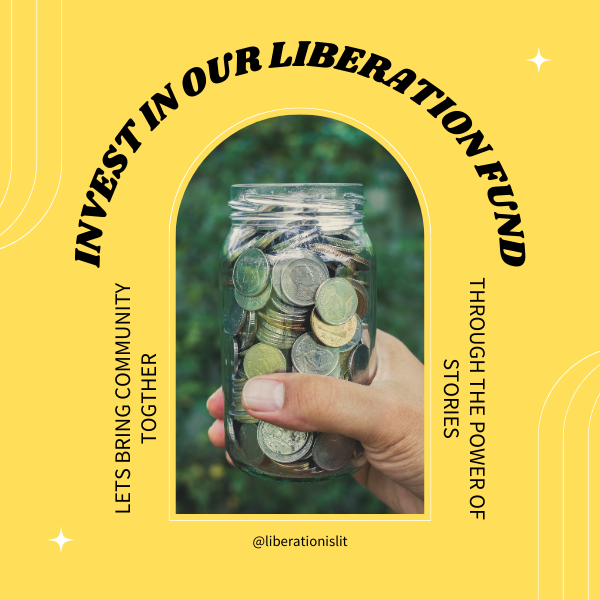Written by Kimberly Hayes
As people become aware of environmental issues like climate change, many are seeking to embrace a more eco-friendly lifestyle. If you're interested in following suit but don’t know where you can begin, you can actually start at home. Incorporating sustainability into your house can help you reduce your carbon footprint, minimize waste, and generally become more environmentally friendly. Here are some easy steps you can take to live a greener life, courtesy of Liberation is Lit.
What to Look for When Buying an Eco-Friendly Home
If you're on the hunt for a new house anyway, look for one that's already environmentally friendly. Start by considering the basic building materials. Conserve Energy Future provides a handy guide you can use as a reference. For example, precast concrete slabs are great for controlling heat, and used in facades and walls. Meanwhile, recycled plastic can be used for PVC windows, roofing, flooring, and more.
Beyond this, check out the home's design while looking for eco-friendly touches. Insulation in the crawlspace, basement, or attic can help improve energy efficiency, for example. Meanwhile, solar panels on the roof offer a clean power source. Even small things, like using LED light bulbs to save power, make a difference. Before buying, check the property's Energy Performance Certificate, EPC. Properties with an A grade are the most energy-efficient.
How to Make Your Current Home More Eco-Friendly
If you're not in the market for a new home, there are still steps you can take to make your current property more environmentally conscious. Start by tackling your appliances, including your toilets, dishwasher, and washing machine. If they are old, consider upgrading to models that use less energy and water. Keep in mind that this will also save you money. A low-flow toilet can cut your household's water consumption by as much as 25%.
Also, look at your day-to-day life processes, such as waste disposal. If you aren't separating your garbage, it's time to start recycling. You can also start your own compost pile for organic waste.
Finally, consider your everyday habits. Are you turning off the lights when you leave the room? Do you turn down the heating in winter when you aren't home? Could you stop using plastic bags for shopping by investing in a few cute canvas tote bags instead? These little steps can ultimately make a big difference, saving the planet—and saving you money! It's a win-win for all involved.
Eco-Friendly Renovations and Improvements that Also Boost Value
Finally, if you're staying put in your home, you might consider investing some money into eco-friendly upgrades. If you are strategic about your updates, you may find they boost home’s value, giving you a positive return on investment in the long term. Be sure to keep your receipts and documentation that shows how your updates have decreased your energy usage. These can all be used to justify a higher valuation when you decide to sell.
So what improvements can you make? Examples include replacing old windows and doors, switching to a solar water heater, and adding skylights, which saves on lighting costs and ramps up aesthetic appeal. You can also invest in solar panels, which either allow you to live more off the grid or sell back your energy to offset cost. As you look into installation prices, note that the cost is based on the homes' usage needs. If you regularly consume less energy, then your rates may be lower. Look for quality companies online and get several quotes before you invest in solar for your home.
You can save money when making such improvements with government tax credits. The Internal Revenue Service, IRS, has a guide to what types of credits you can claim. For example, you can get up to a 10% tax credit on approved energy-efficient renovations. There are also tax credits available for installing more energy-efficient HVAC appliances. Plus, beyond these federal programs, some states also have their own initiatives.
Benefits Beyond the Home
Making your home more eco-friendly has other benefits as well, especially since many of these same practices translate directly to the workplace. These include recycling, reducing energy usage, and taking advantage of natural light whenever possible. Beyond benefiting the environment, these kinds of eco-friendly approaches save money, as well!
Living a more energy-efficient lifestyle can be a wonderful way to cut living costs and support a healthier earth. You can make small changes by recycling, composting, and turning off lights, or you can make bigger changes by insulating and installing solar. By implementing these steps and more, you can make your house more environmentally friendly and save money in the process.
Looking for more information on ways you can change our world? Visit Liberation is Lit today!
Interested in contributing? Send your pitches to info@liberationislit.com!
Kimberly Hayes enjoys writing about health and wellness and created Public Health Alert to help keep the public informed about the latest developments in popular health issues and concerns.



